Fifteen years ago on June 12, 2008, Metal Gear Solid 4: Guns of the Patriots was released to universal acclaim and helped to salvage PlayStation 3 from the slump of its early release. It was one of the most highly anticipated games of the year and took home several Game of the Year awards from outlets. Since then, the game holds a couple of unique distinctions for the franchise. It has never been released on any system other than PS3, and it served as the conclusion to Solid Snake’s story and the larger narrative of the Metal Gear series.
It’s also a game that is difficult to actually call a game. While the franchise has been known for its long cutscenes and convoluted story twists, Metal Gear Solid 4 took it to the next level. The gameplay-to-story ratio is ludicrous, and several of the story beats are nonsensical and farcical to the point where one could argue they weakened the story of previous entries. It was exactly the kind of game you would expect nowadays from series creator Hideo Kojima, and to this day I don’t think we’ll ever get another major AAA game like MGS4 again.
Although, even by the standards of long-in-development AAA games, Metal Gear Solid 4 feels like it had a significant amount of content cut. In early interviews, Kojima discussed many ambitious features planned for the game that would ultimately not appear in the final product, like having a moral aspect attached to fighting foes on both sides of a conflict. As such, the ridiculous amount of cutscenes in the game feel like they were plastered over many of the gameplay holes left during development, much in the same way Xenogears’ second disc largely became a slideshow of major cutscenes and plot points because the development team ran out of resources.
Metal Gear Solid 4 features over eight hours of cutscenes, with many of them lasting dozens of minutes back to back, bordering on the hour mark. It would be one thing if these cutscenes were spaced out over a 30-40-hour game, but this isn’t that. It’s a very linear stealth action game that only takes a few hours to beat if you’re skipping the cutscenes, much like any other game in the series. Few games would commit to the number of cutscenes present here and the sheer length of them.
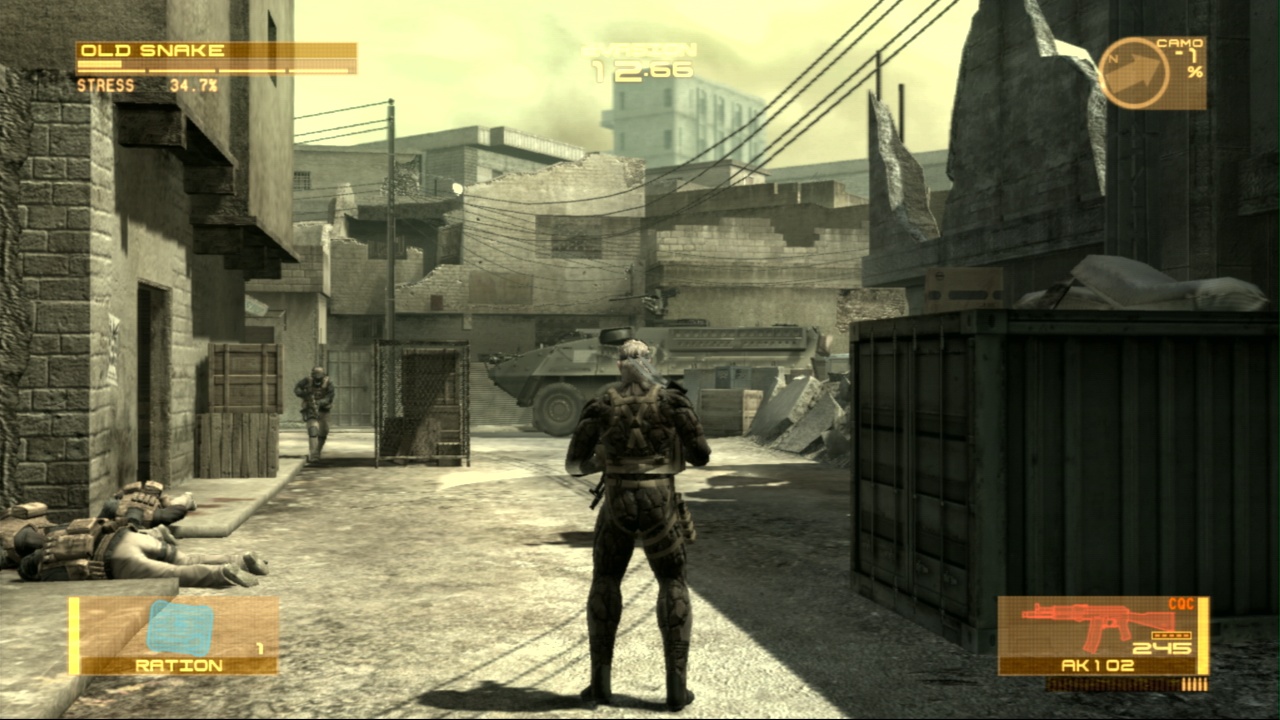
I can’t think of any major AAA game in the past 15 years that decided to eschew its gameplay in favor of fleshing out its narrative to the extent that MGS4 does. There are games that feel more like interactive movies, like The Order 1886, but at least games like that are interactable during their extensive cutscenes. The closest that you’re going to get to interacting with these scenes is occasionally hitting a button just to see brief flashbacks to earlier adventures without any prior context. Granted, these scenes are needed to tell the story that Kojima wanted to tell, but when the story in question is held together by string and scotch tape, is it really worth it?
Yet despite how the game feels emaciated in terms of gameplay and doesn’t come anywhere close to the grand scale the trailers were showing off, Metal Gear Solid 4 is still stuffed with the lofty auteur grandeur that Hideo Kojima is known for. You don’t play MGS4. You experience it. If you’re playing the game, you’re playing it to see the conclusion of the Metal Gear saga. The game features an old and withered Solid Snake, one that’s on the verge of death due to the events of Metal Gear Solid 1 and 2. Ocelot has run off with a Metal Gear and is being possessed by Liquid Snake and is cooking up something in the Middle East. The Patriots and the Philosophers’ Legacy were all introduced with an aura of importance that wasn’t clear at that point but would be here. This would be the game to clarify all of it and deliver a definite end to the series.
And it does… to a point. First and foremost, the game is virtually impenetrable to anyone that hasn’t played a Metal Gear game before. While Metal Gear Solid 1 offered a recap at the beginning for those that never played the earlier MSX games, 2 used its bait and switch as part of a larger meta-narrative commentary on the nature of sequels, and 3 was a prequel that can be enjoyed without prior context, you need to play the earlier games to understand the fourth entry.
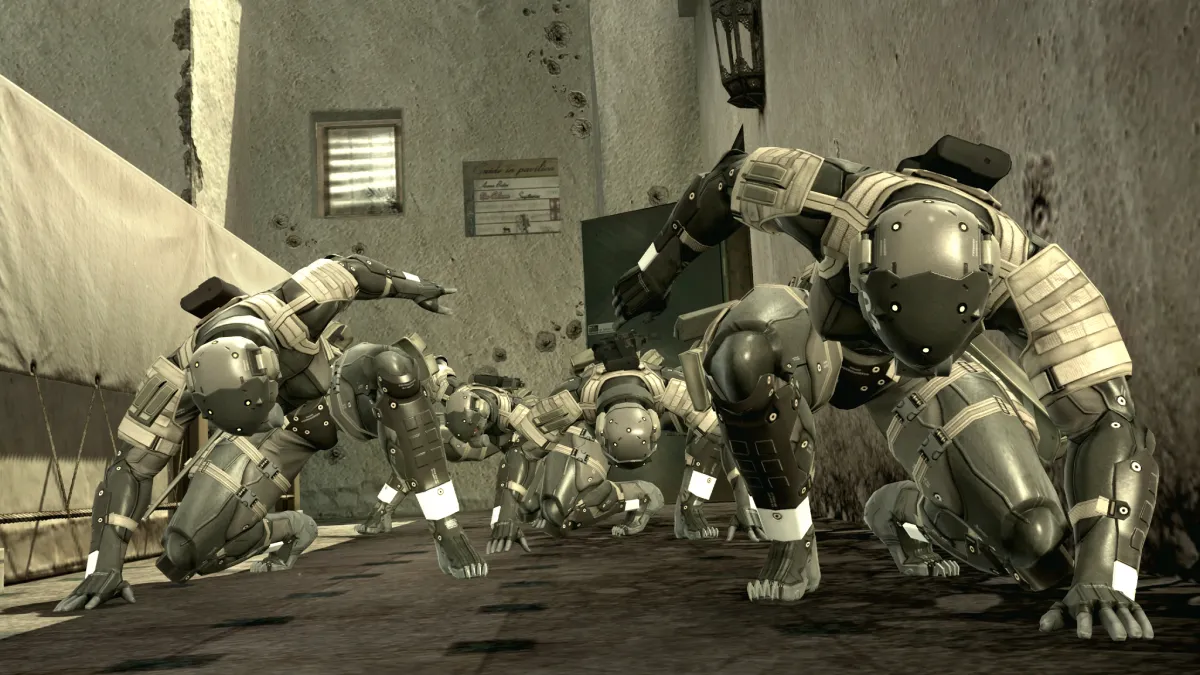
Most sequels in AAA game franchises tend to be either anthological entries where it doesn’t matter if you played previous games, or they’re sequels that may make callbacks and references to earlier entries but can still be enjoyed on their own. That isn’t the case with Metal Gear Solid 4: Guns of the Patriots. You’re either up on your Metal Gear lore or not. This isn’t a game for casual players. This is a game for fans.
And I can definitely respect that approach. That’s the way that Kojima designed the game. It’s a climax to his series that he shepherded and is the definitive ending that he wanted. There was a ton of ambition in how he tried to wrap it up, and you were either with it or against it. I would argue that a lot of that ambition wasn’t fully realized given the game’s development, but to some that didn’t matter.
Much like with Death Stranding, which polarized general audiences, Kojima made the game the way he wanted to make. He wanted the nanomachines that handwaved away every strange and surreal event in the canon. He wanted the blatant egg metaphors to symbolize the state of the world. He wanted to recontextualize the entire narrative and retcon it to tell the Guns of the Patriots story. All of it was by design to the point where Metal Gear Rising: Revengeance, a game that is blatantly tongue in cheek, would go out of its way to parody a lot of the more serious elements of Metal Gear Solid 4.
But when those moments work, my God do they work. Seeing Snake return to Shadow Moses would leave any player who trekked through that Alaskan base in the ‘90s with chills. Witnessing Snake get microwaved in that hallway was harrowing and powerful. The number of emotions I felt in that final fight against Liquid Ocelot made that climax rival the showdown with The Boss in terms of raw emotional power. No franchise today is going to go the mile in the way that Kojima did to drive home the feelings here. And by the time the credits rolled, we got exactly what we expected out of the game — all of our questions answered and an ending to Snake’s story.
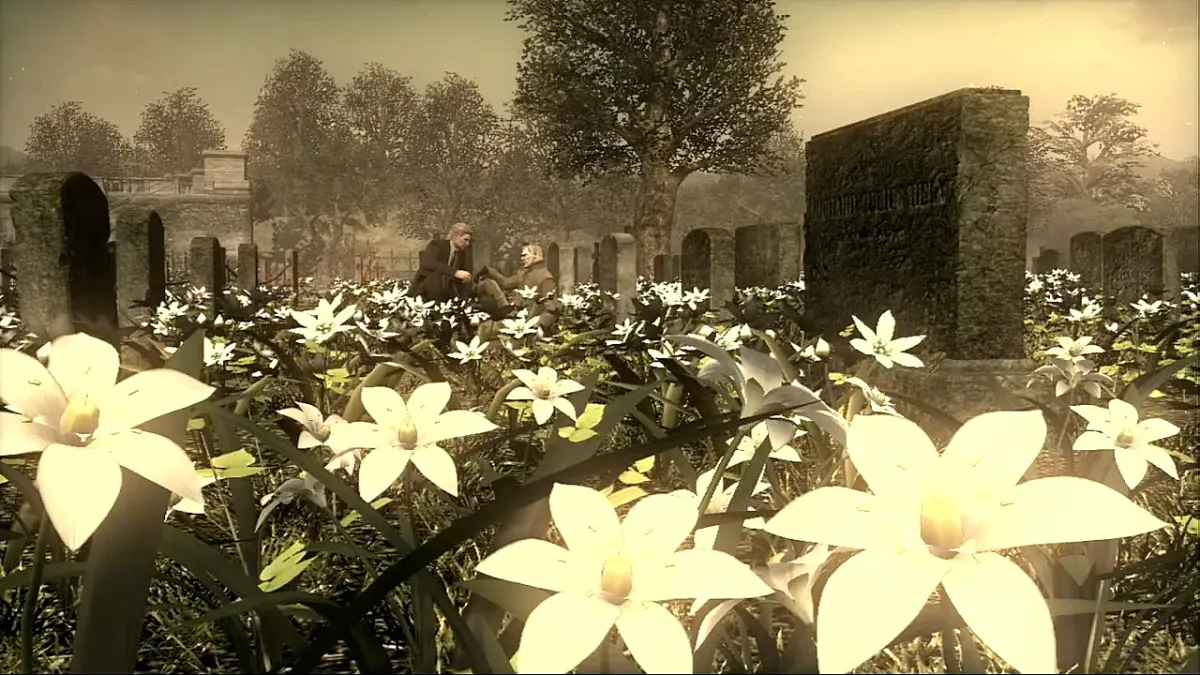
In an age where franchises always need to keep going on, it was nice to see a franchise actually end. The franchise would spend most of its time after Metal Gear Solid 4 dealing with spinoffs, prequels, or remasters. It would feel wrong to go beyond what Kojima did for Solid Snake and give him one more adventure or fabricate one just for sales. This was the conclusion, and I can’t really see any other major video game franchise ever say it’s done. Granted, all of that may change, but at least from where we’re at right now, this is the end of Snake, Big Boss, Ocelot, and the rest of the cast that Kojima spent nearly two decades at that time developing. And I like it that way.
We’re never going to get another video game that attempts to do what Metal Gear Solid 4: Guns of the Patriots did. It took its large budget and spent hours focusing on its cutscenes with a slavish devotion to its own lore with an auteur’s vision for how everything was supposed to play out. It was a success, selling 6 million units and receiving rave reviews, though I’m sure many of those critics may not be as fond of it nowadays as they were back then. It was lightning in a bottle, despite its flaws. I don’t think anyone will rush to call it the best Metal Gear Solid game or even the most important one, but it still has a place in video game history for what it attempted. Even now I still don’t know if I like it as a game. But I can respect it as a piece of media for what it tries to do and what it wound up as — a messy, yet singular experiment on what a AAA game could be.

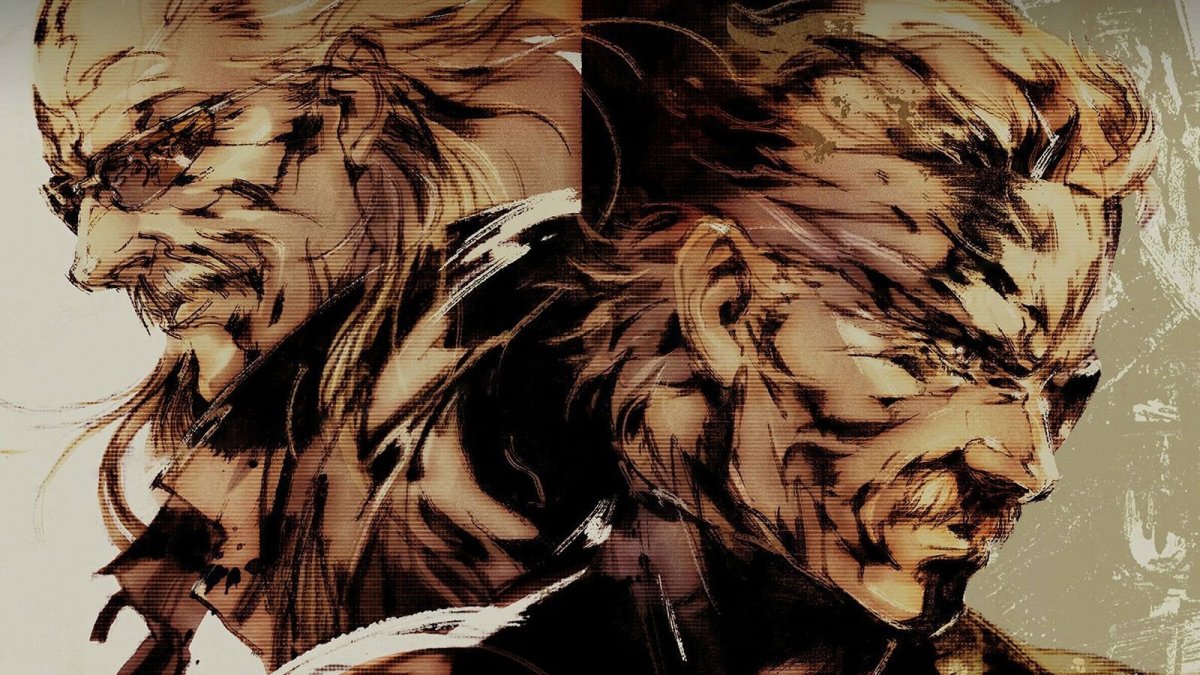



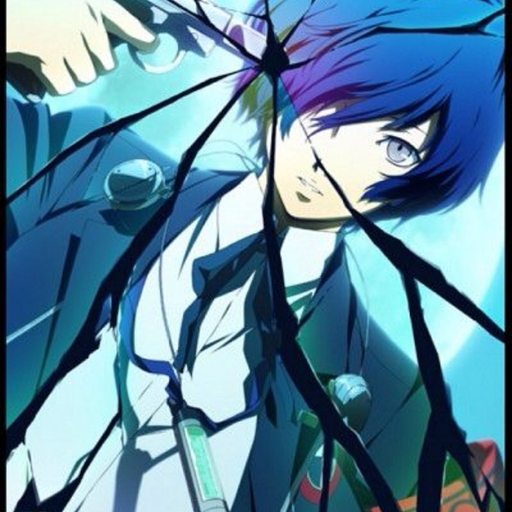
Published: Jun 12, 2023 12:00 pm